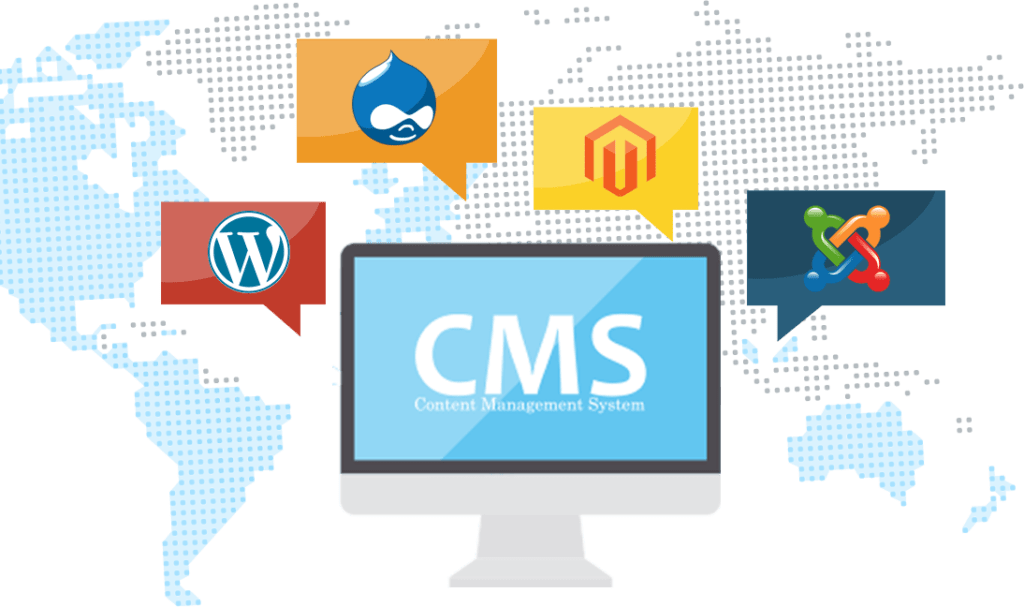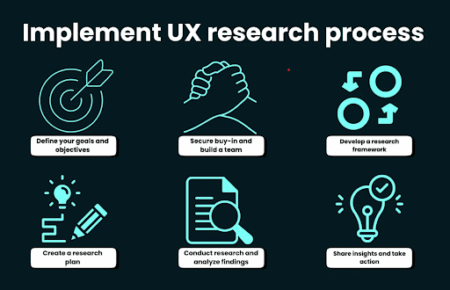Introduction
In today’s digital world, your website is often the first impression potential customers will have of your business. So it’s important to make sure that your site not only looks good, but also functions well. One way to do this is by using a Content Management System, or CMS. Find out in this article why CMS based websites can be a great option for your business!
What is a CMS?
A content management system (CMS) is a software application that allows users to create, edit, and manage digital content. A CMS provides a central repository for all your digital content, making it easy to keep track of everything in one place. In addition to simplifying content management, a CMS can also save you time and money by automating tasks like website updates and security patches.
There are many different types of CMS applications available, ranging from simple WordPress plugins to enterprise-level systems like Drupal and Joomla. Choosing the right CMS for your needs will depend on factors like the size and complexity of your website, your budget, and your technical expertise.
If you’re looking for a simple way to create and manage a small website, then a WordPress plugin like Jetpack might be a good option. If you need something more powerful for a large website or online store, then Drupal or Joomla could be better choices. Whatever CMS you choose, make sure it’s easy to use and has the features you need to keep your website running smoothly.
Benefits of Using a CMS
There are many benefits of using a CMS for your website. A CMS can help you manage your website more effectively and efficiently. It can also help you keep your website updated with fresh content. Additionally, a CMS can help you scale your website as your business grows.
The Different Types of CMS Platforms
There are a variety of content management system (CMS) platforms available, each with its own set of features and benefits. Here, we’ll take a look at some of the most popular CMS platforms to help you determine which one is right for your website.
WordPress is one of the most popular CMS platforms and powers millions of websites worldwide. It’s a great platform for both small businesses and large enterprises. WordPress is highly customizable and includes a wide range of plugins and themes to extend its functionality.
Joomla! Is another popular CMS platform that’s used by thousands of organizations around the world. Joomla! Is known for its ease of use and flexibility. It includes a wide range of features and can be easily extended with add-ons and plugins.
Drupal is a powerful CMS platform that’s used by some of the largest organizations in the world, including The Economist, The New York Times, and the White House. Drupal is highly scalable and can be customized to meet the needs of any organization.
There are many other CMS platforms available, including Adobe Experience Manager, Sitecore, and Umbraco. Each has its own unique set of features and benefits. When choosing a CMS platform
How to Choose the Right CMS for Your Website
There are many different content management systems (CMS) available for website owners to choose from. So, how do you know which one is right for your website? Here are a few things to consider when choosing a CMS for your website:
- Ease of use: You should choose a CMS that is easy for you or your team to use. If you’re not familiar with coding, look for a CMS that doesn’t require any coding skills.
- Flexibility: Your website should be able to grow and change as your business grows and changes. Look for a CMS that is flexible and can be easily customized to fit your changing needs.
- Scalability: As your website traffic increases, you’ll need a CMS that can handle the increased traffic without crashing or slowing down. Make sure to choose a CMS that is scalable so you won’t have to switch to a new platform as your traffic grows.
- Security: With so many hacking attempts and cyber attacks happening every day, security should be a top priority when choosing a CMS for your website designing company. Look for a platform that offers high-level security features to keep your site and its visitors safe
Conclusion
There is a lot to consider when deciding whether or not to use a CMS for your website. However, there are some clear advantages to using a CMS that make it worth considering, especially if you value flexibility, ease of use, and having a wide range of features at your disposal. If you’re on the fence about whether or not to use a CMS for your website, we hope this article has helped you see the potential benefits and make a decision that’s right for you.







